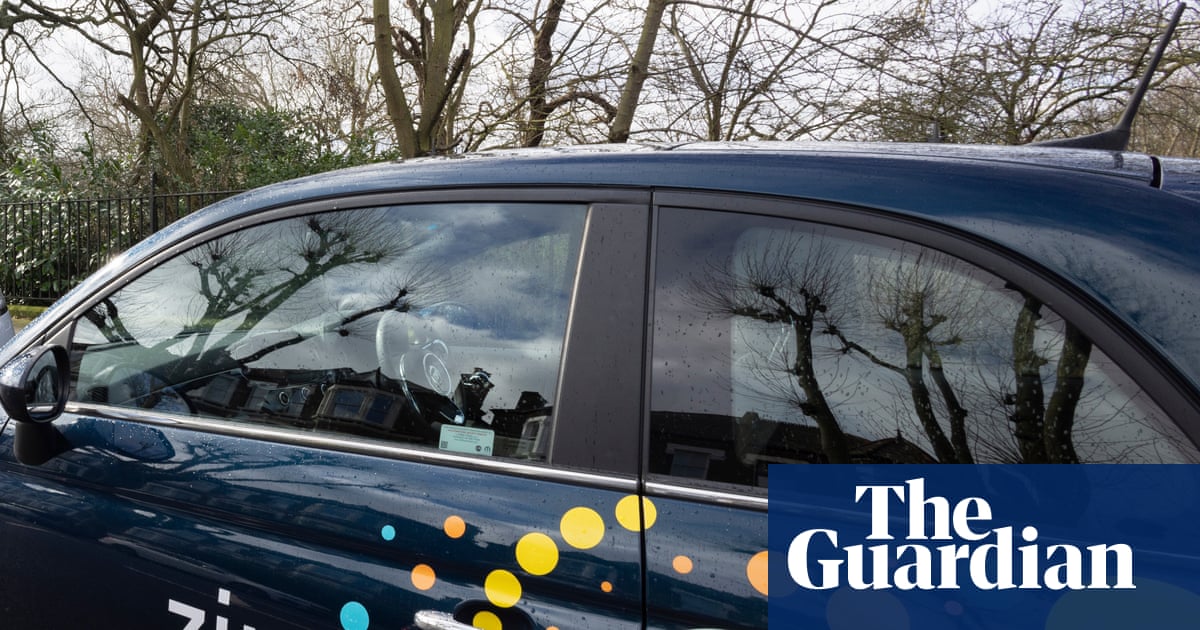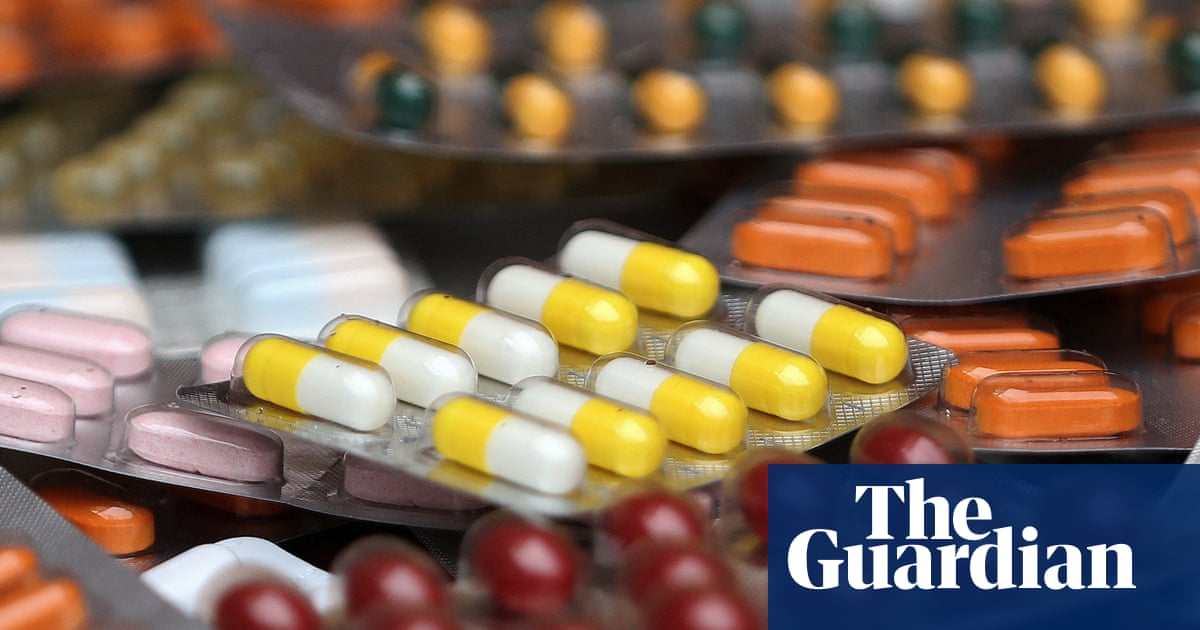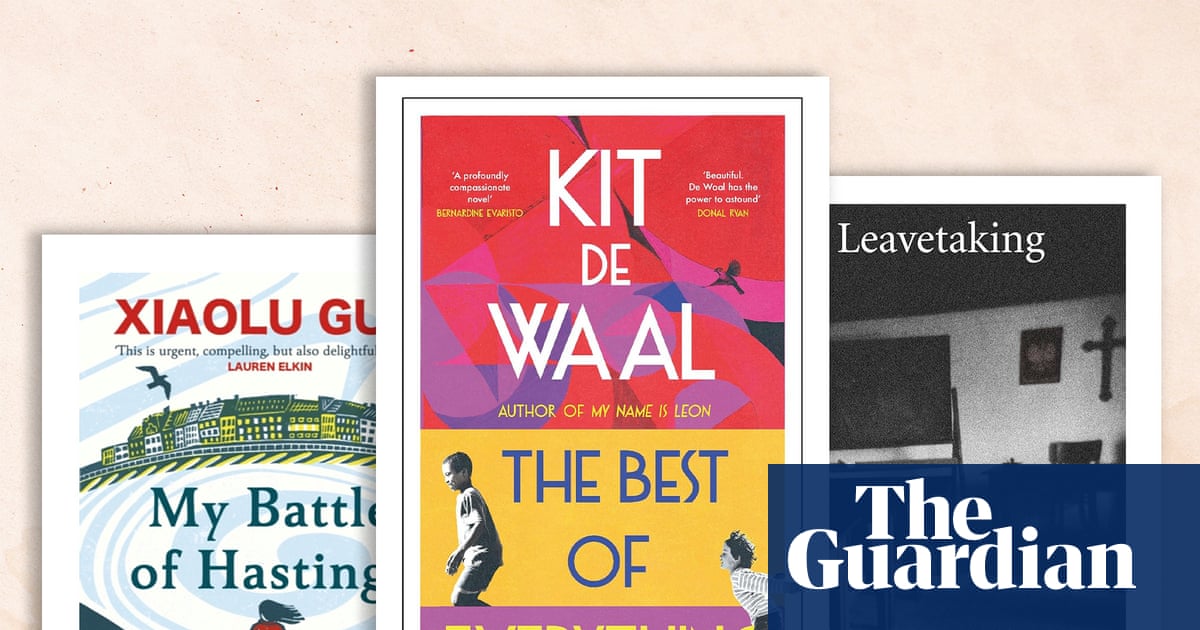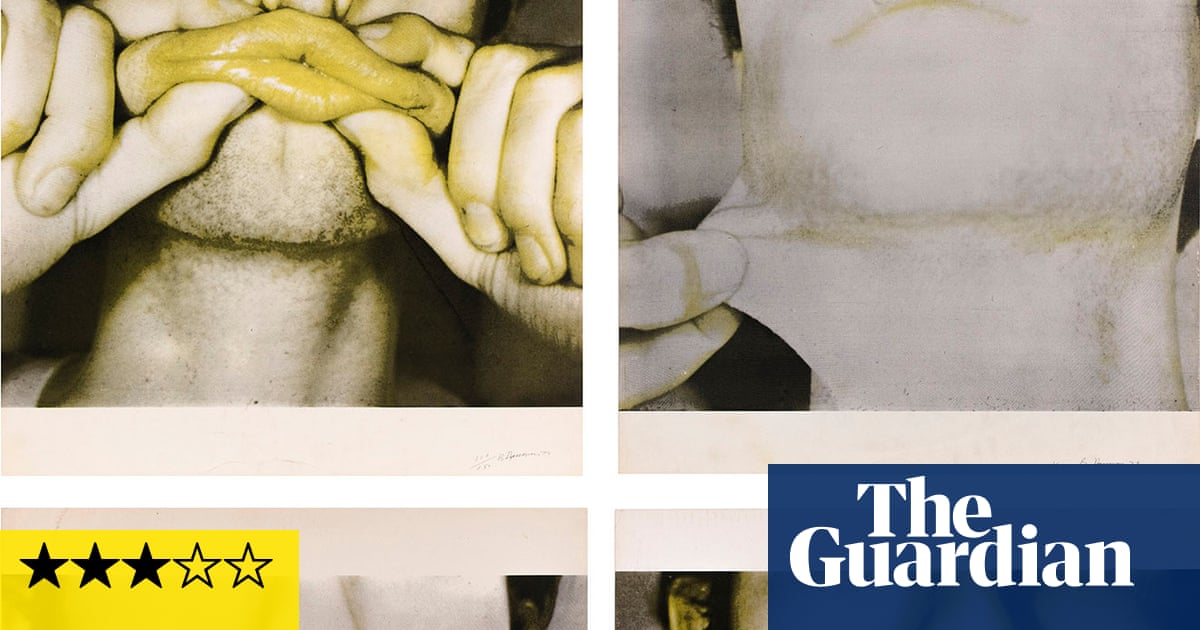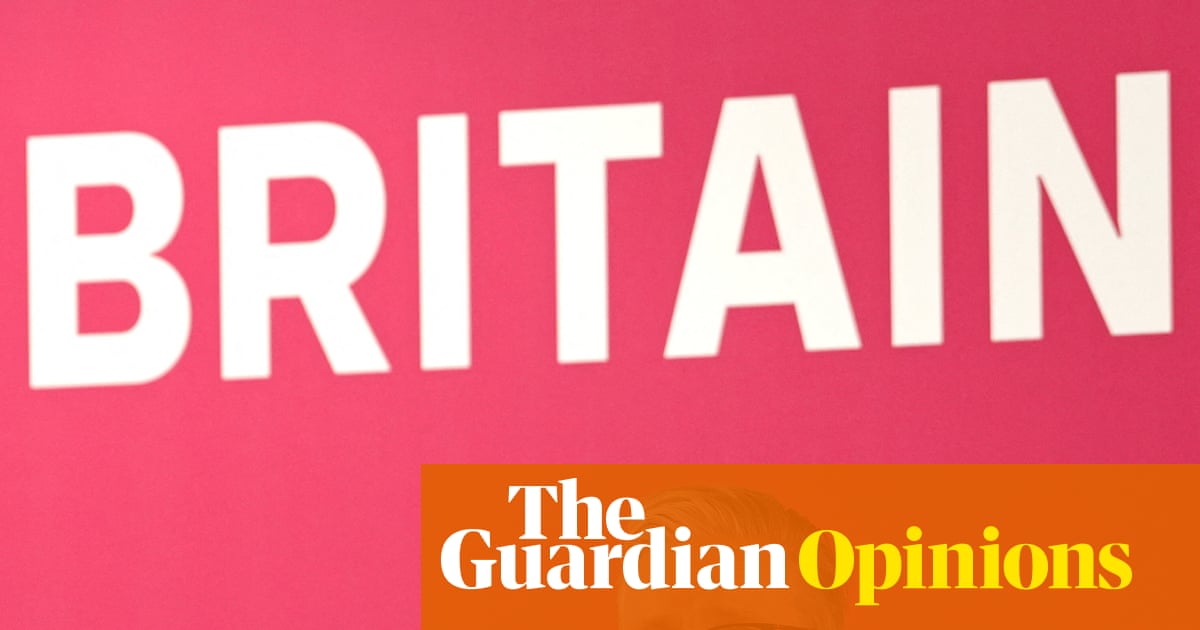Lidl is close to overtaking Morrisons to become the UK’s fifth biggest supermarket chain after a sales rise as shoppers attempted to offset higher household bills with cheap groceries.
The German-owned discounter increased sales by 10.7% in the three months to 11 August, according to the latest market share data from analysts at Worldpanel, formerly known as Kantar. This was more than double the pace of the wider market, which rose 4.5%.
That put Lidl’s share of the grocery market at 8.3%, 0.1 percentage points off Morrisons’ share of 8.4%, as the Bradford-based chain continued to struggle with sales up just 0.9%.
Morrisons is trying to turn around performance after building up debts in a £7bn takeover by the US private equity group Clayton, Dubilier & Rice in 2021.
Tesco, the UK’s biggest supermarket chain , notched up sales growth of 7.4%, taking its market share to 28.4%, well ahead of any rival. Its closest competitor, Sainsbury’s, increased sales by 5.2%, taking its market share to 15%.
The UK’s number three chain, Asda, also continues to have difficulties. Its sales were down 2.6% despite efforts to turn around performance after the return of its former boss, Allan Leighton, as chair.
Asda is in danger of being overtaken by discounter Aldi, which is just one percentage point behind it with a market share of 10.8%. Aldi’s sales grew 4.8% in the past three months.
Aldi and Lidl continue to rapidly open stores, putting them on track to enter the top tier of British supermarkets and disrupt the traditional “big four”.
Asda and Morrisons’ growth is behind the 5% level of grocery inflation registered in August by Worldpanel, suggesting the amount of items they sold has dropped.
Worldpanel said inflation had eased 0.2 percentage points in August from the 5.2% rate registered in July as prices of dog food, sweets and sparkling wine, including champagne, fell back.
Fraser McKevitt, the head of retail and consumer insight at Worldpanel, said: “We’ve seen a marginal drop in grocery price inflation this month, but we’re still well past the point at which price rises really start to bite and consumers are continuing to adapt their behaviour to make ends meet.
after newsletter promotion
“What people pay for their supermarket shopping often impacts their spending across other parts of the high street too, including their eating and drinking habits out of the home.”
He said casual dining and fast food restaurants had recorded a particular decline in visitors over the summer, and such trips had fallen by 6% during the three months to mid-July 2025 compared with last year. However, coffee shops bucked the trend as their sales continued to rise.
While cutting back on dining out, households appeared more prepared to treat themselves at home. Sales of branded goods were up 6.1%, growing faster than own-label alternatives, which rose 4.1%, a turnaround from earlier in the year. Premium own-label goods, such as Sainsbury’s Taste the Difference or Tesco’s Finest ranges, were also up strongly – by 11.5%.
While still relatively high, the potential peak in inflation could be good news for the chancellor, Rachel Reeves, as she weighs spending cuts or tax rises in her autumn budget.

.png) 3 months ago
22
3 months ago
22
